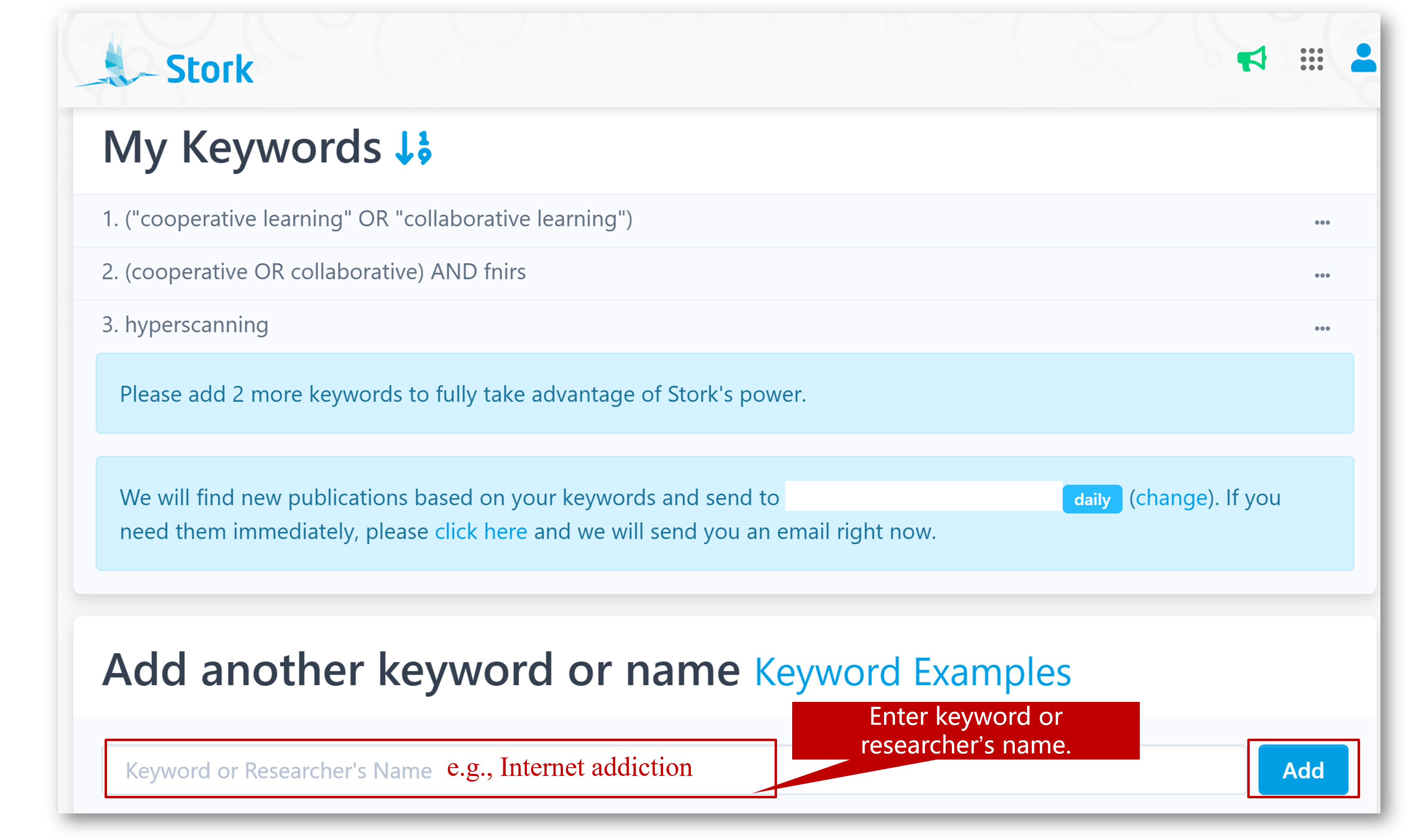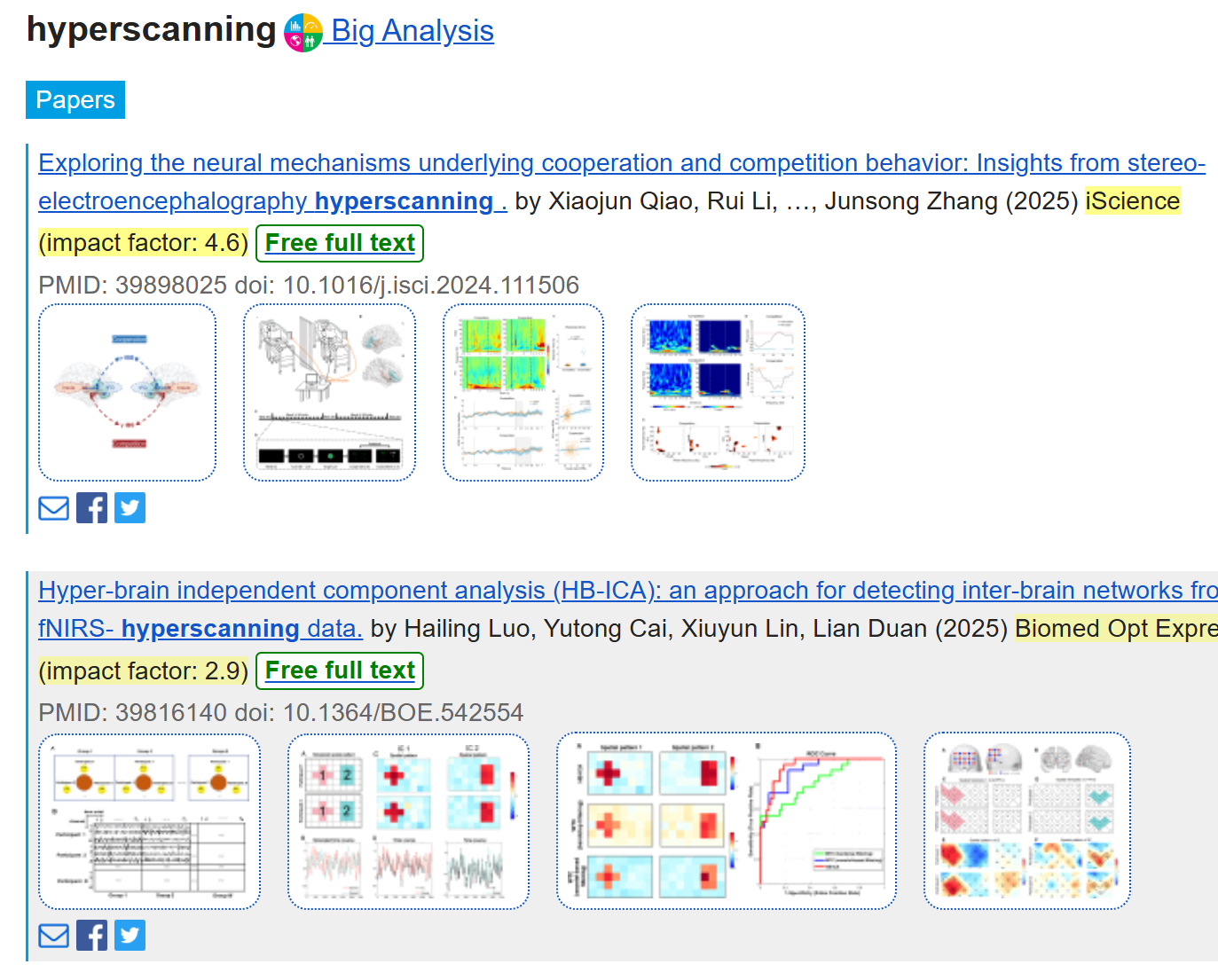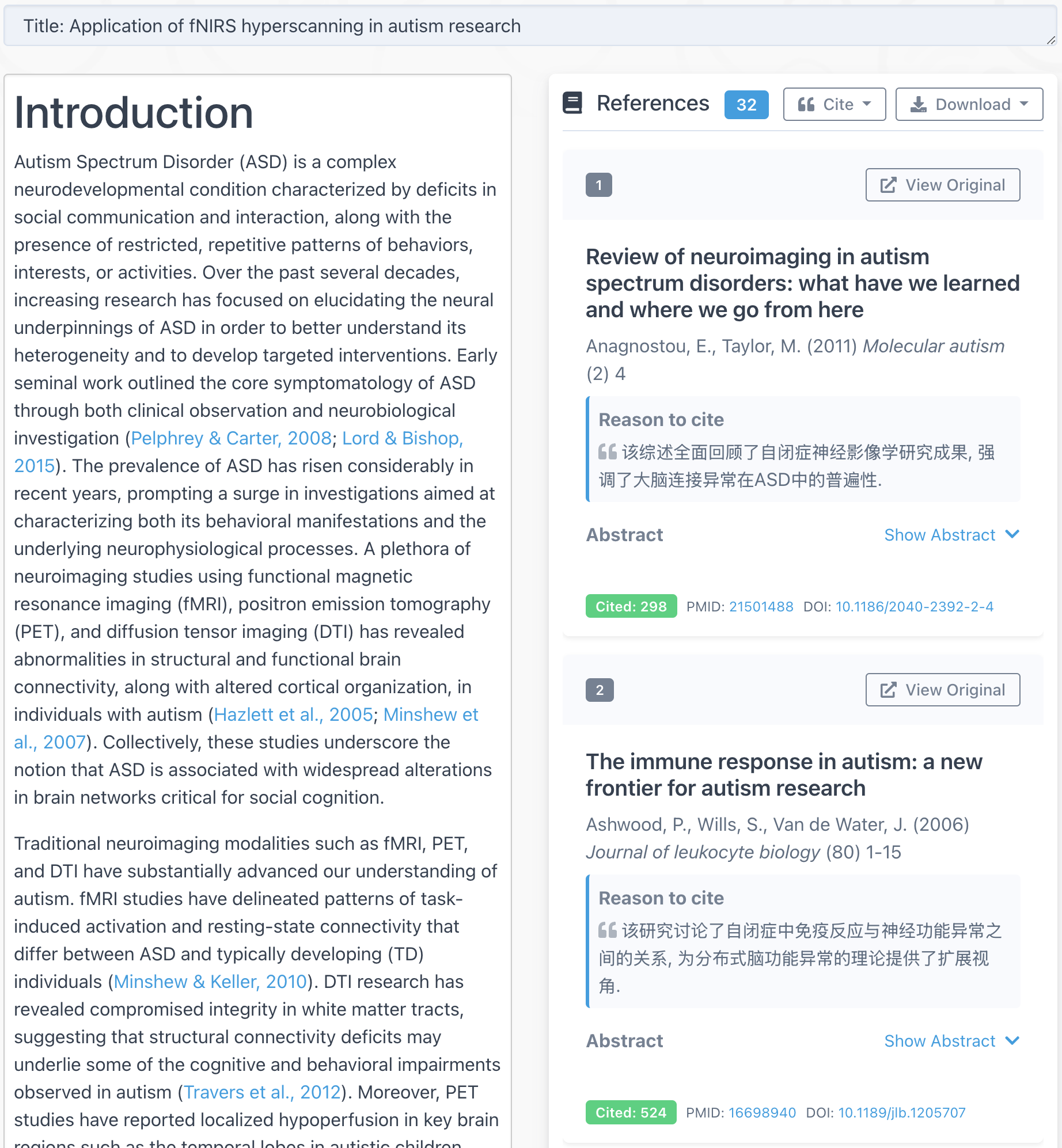
TL; DR
The National Institute of Neurological Disorders and Stroke (NINDS) at NIH recommends using Stork (www.storkapp.me) to freely track the latest research publications.
The National Institute of Neurological Disorders and Stroke (NINDS), part of the National Institutes of Health (NIH), once issued a Request for Information (RFI) to gather ideas on how to advance research on ME/CFS (Myalgic Encephalomyelitis/Chronic Fatigue Syndrome).
They invited researchers, clinicians, patients, and advocates worldwide to share their thoughts. The collected feedback was compiled into a public document full of practical suggestions — from creating national patient registries and improving biobanks, to fostering cross-disciplinary collaborations and developing wearable data collection tools.
You can read the full document here: https://www.ninds.nih.gov/sites/default/files/migrate-documents/mecfs_2019_rfi_q3_resources_tools_to_enable_research_508c_1.pdf
And here's the exciting part: Among the feedback about research resources, tools, and materials, someone specifically recommended:
"Sign up for daily published journal articles using Stork ([email protected]) – using all our various names, fully spelled out and using acronyms so you'll see them as soon as they're published…"
Yes — Stork was highlighted as a go-to tool for staying on top of the latest academic publications. For researchers in fast-moving fields like ME/CFS, timely access to new findings is critical.
Stork's alerts aren't limited to ME/CFS: once you set your keywords, it delivers matching research paper straight to your inbox—including key figures from papers — so you can quickly decide which ones are worth a closer look.
⭐ Research is moving faster than ever — keeping up with new publications shouldn't feel like a burden. Try Stork and supercharge your research productivity!






